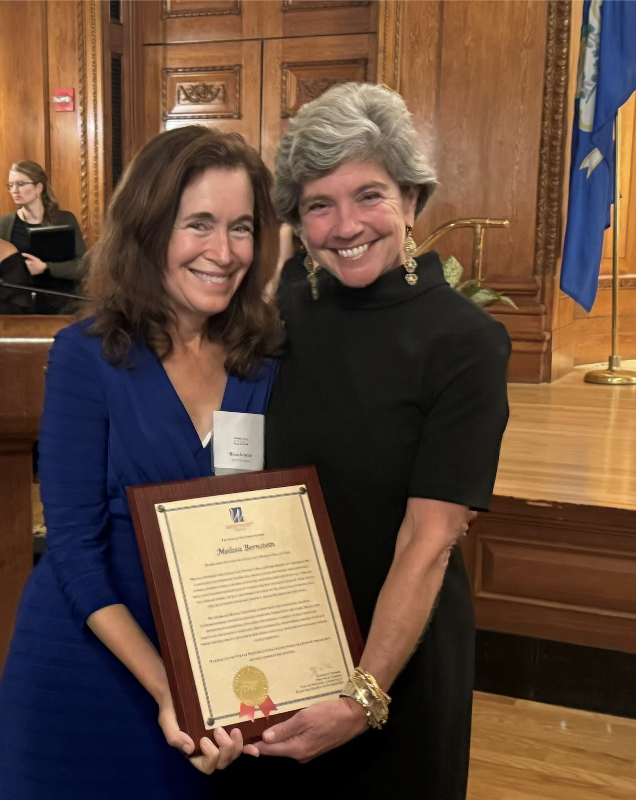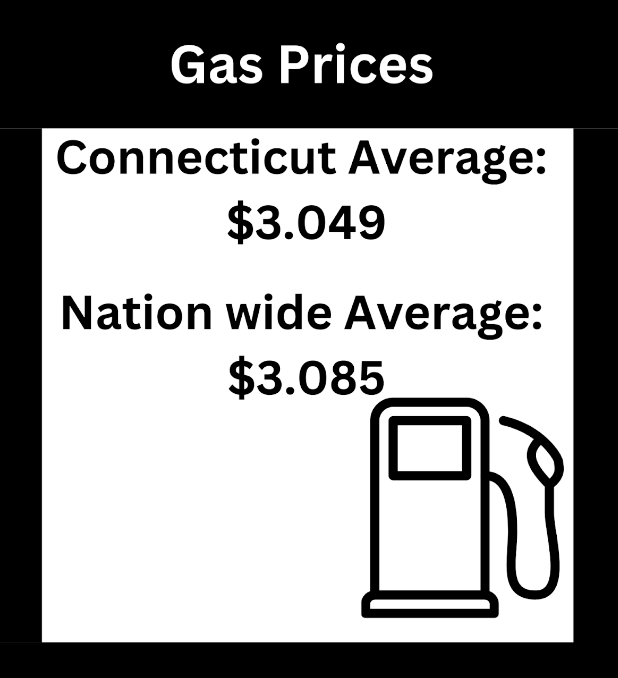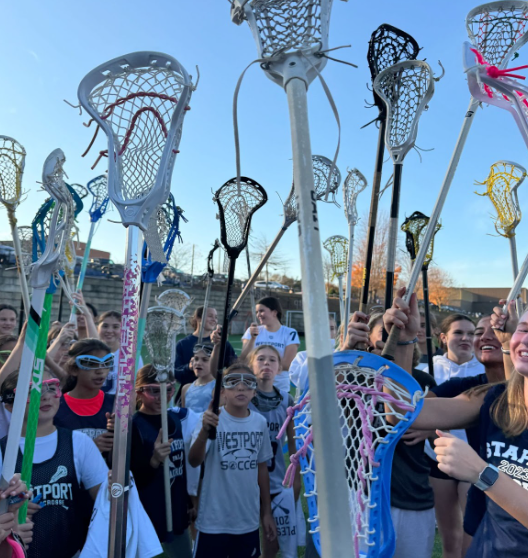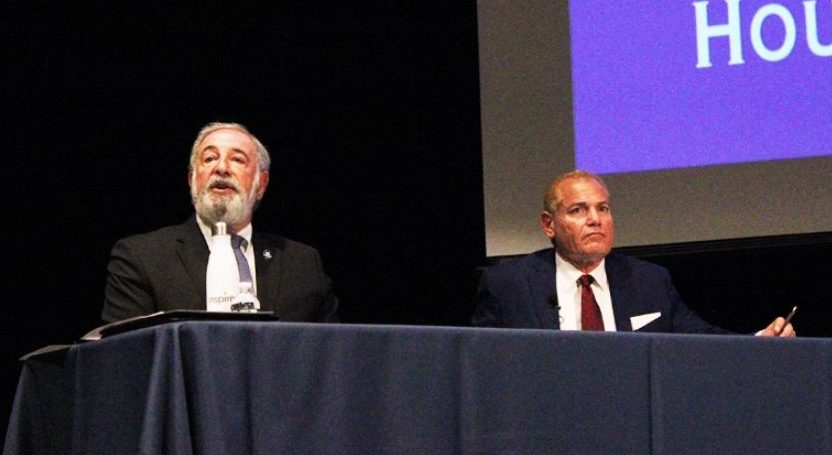The days are numbered for the textbook, at least if English teacher Brian Tippy has his way.
The textbook, the bulky burdensome, weigh- your-backpack-down staples of education is being rethought.
On Jan. 27, Tippy debuted a new “textbook” of “Macbeth,” but text doesn’t do it justice. The book he created uses the program iBooks Author, Apple’s new application that allows anyone to create a textbook for the iPad.
“I don’t often get too excited if it has a battery, but I saw the potential that we could basically tailor the curriculum,” said Tippy.
But without a proposal made by Principal John Dodig, this digital textbook initiative would not have come about.
“I asked the PTA if they would use their PENS money to buy 10 iPads to get them in the hands of kids and teachers to see how they would be used,” said Dodig, who introduced the idea to the PTA after watching Apple’s video on the iBook.
Tippy was the first person to show interest in this plan, and his “MacBeth” digital textbook for the iPad was born. His design includes a glossary along with self-checking quizzes, an option to incorporate pictures, audio, and multiple video versions of the play and even a supplement about poetry.
Tippy’s main motivation was to make this a useful and effective learning tool. “You can’t just buy it because it lights up,” he said. “It has to have an advantage.”
A main feature is the students’ ability to highlight and annotate the written text, something students can’t do in the school’s borrowed books.
“I think using iPads instead of textbooks would be really cool,” says Taylor Jacobs ’14. “They’d save a lot of time and would be so much easier to carry around.” The technology would allow more efficient use of in-class time by giving homework materials and explanations through the iPad.
Both Tippy and Dodig say the initiative promises to be cost-effective as well. Since the iPad is becoming as ubiquitous as the iPhone, most of the hardware expense would be borne by the students themselves.
Though Tippy’s project is solely “Macbeth”-based right now, he expects the program could be implemented into other departments. Although Tippy predicts there would be no resistance among teachers to assimilate this new technology, he doesn’t expect that everything paper based will disappear—in fact, he doubts English teachers would be quick to abolish the use of books. It may be more likely that science and history teachers might be the early adopters of this mode of delivering class material.
“I think it’s a fantastic idea,” says science teacher Kevin Glass, who already administers tests and homework for his classes electronically. “I think eventually it’s where we’re going to end up.”
iBooks Author promises to both literally and figuratively reduce the work “load.” “I remember carrying text books and the idea of swapping that out for half-inch device seems so exciting,” said Tippy.













































